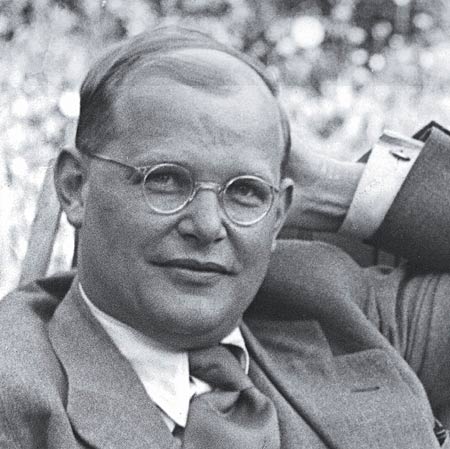Ramona, come closer,
Shut softly your watery eyes.
The pangs of your sadness
Shall pass as your senses will rise.
The flowers of the city
Though breathlike, get deathlike at times.
And there's no use in tryin'
T' deal with the dyin',
Though I cannot explain that in lines.
Your cracked country lips,
I still wish to kiss,
As to be under the strength of your skin.
Your magnetic movements
Still capture the minutes I'm in.
But it grieves my heart, love,
To see you tryin' to be a part of
A world that just don't exist.
It's all just a dream, babe,
A vacuum, a scheme, babe,
That sucks you into feelin' like this.
I can see that your head
Has been twisted and fed
By worthless foam from the mouth.
I can tell you are torn
Between stayin' and returnin'
On back to the South.
You've been fooled into thinking
That the finishin' end is at hand.
Yet there's no one to beat you,
No one t' defeat you,
'Cept the thoughts of yourself feeling bad.
I've heard you say many times
That you're better 'n no one
And no one is better 'n you.
If you really believe that,
You know you got
Nothing to win and nothing to lose.
From fixtures and forces and friends,
Your sorrow does stem,
That hype you and type you,
Making you feel
That you must be exactly like them.
I'd forever talk to you,
But soon my words,
They would turn into a meaningless ring.
For deep in my heart
I know there is no help I can bring.
Everything passes,
Everything changes,
Just do what you think you should do.
And someday maybe,
Who knows, baby,
I'll come and be cryin' to you.
Copyright ©1964; renewed 1992 Special Rider Music

 This is one of my heroes, Dietrich Bonhoeffer. I encourage you to find out about his life as it will inspire you no end. I have already quoted him a number of times on this page, but wanted to add an excerpt from one of his poems ('Stages on the Way to Freedom') as it arrested my attention this morning.
This is one of my heroes, Dietrich Bonhoeffer. I encourage you to find out about his life as it will inspire you no end. I have already quoted him a number of times on this page, but wanted to add an excerpt from one of his poems ('Stages on the Way to Freedom') as it arrested my attention this morning.

